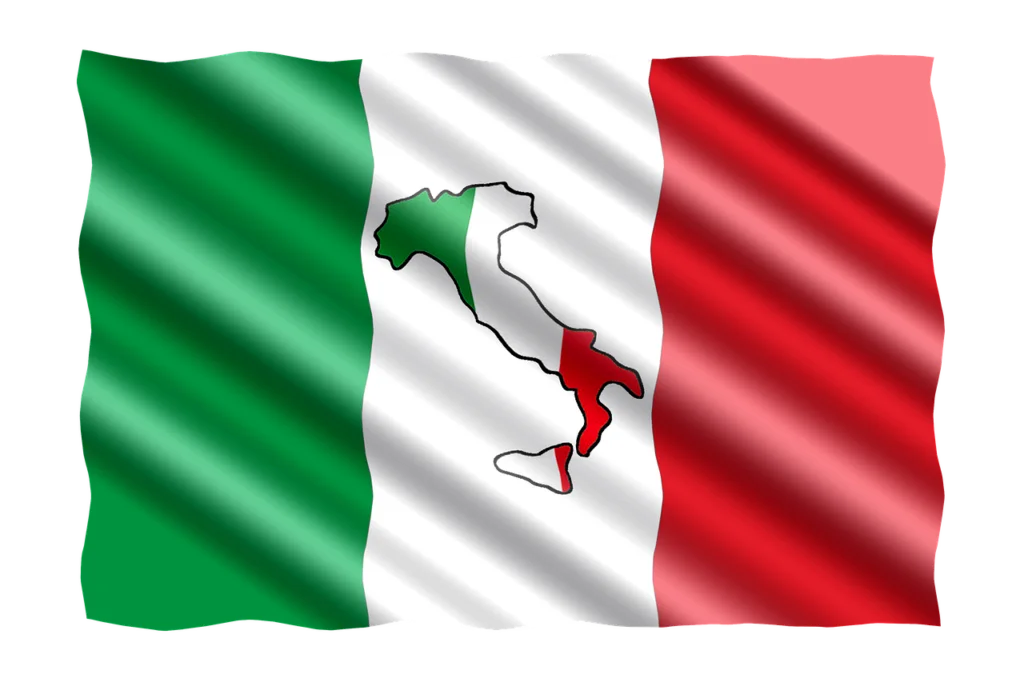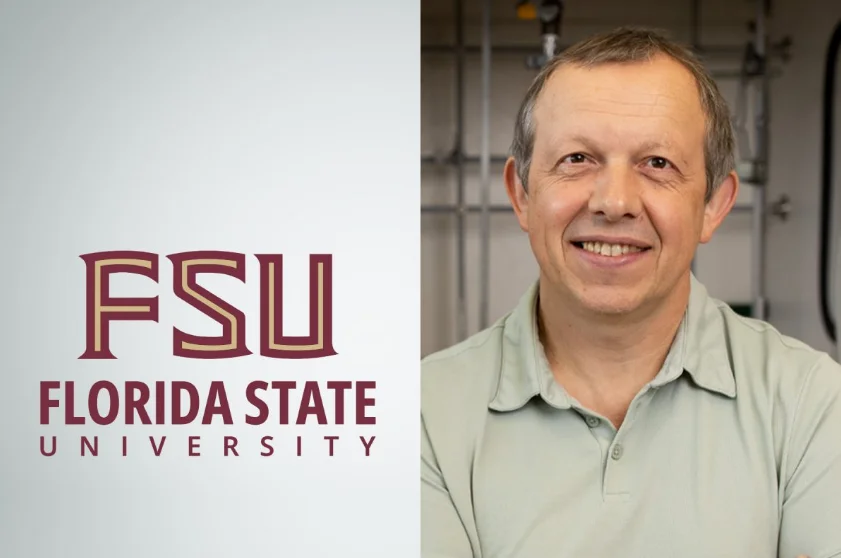
Dictatorland
South America, like other poor continents, faces many challenges. One of the greatest of these is the universal use and application of digital services and infrastructure. Of all the South American countries, none has suffered more — with maybe the exception of Colombia—than Paraguay has.
This land-locked country of just over seven million souls has experienced many setbacks in its two-hundred-year history: dictators like national heroes José Gaspar Rodríguez de Francia and Francisco Solano López. The less popular Alfredo Stroessner. Two bloody wars, one, the War of The Triple Alliance (also known as the Paraguayan War), when Argentina, Brazil and Uruguay ganged up on its neighbour, defeated it in a conflict that lasted six years, bringing the nation to its knees. Official statistics on the dead are sketchy. Some estimates bring the total death toll of military-aged men at 90%.

Some sixty years later, black gold was the name of the game as a proxy war between Standard Oil and Shell was fought in the desert-like terrain of the Gran Chaco over rights to drill for oil. The Chaco War, where sandal-clad Bolivian indigenous peasants fought their Paraguayan foes (who were also mostly Indians) with outdated rifles.
Officially Paraguay won — but truth be known it was an unmitigated disaster for both countries.
And in the end, no worthy oil fields were found.
But the Americans made a profit.
According to the United Nations’ Human Development Report from 2019, Paraguay was second from bottom (Bolivia claimed the wooden spoon) in the rankings. Considering Venezuela — for years wracked with political turmoil, incessant violence and poverty — ranks above Paraguay, this is worrying news.
Technological speaking, too, the country is one of the least developed in the region. This only compounds what experts in the field think:
‘The region’s governments lack a sense of urgency in the sense that technology is a train that has left the station and this region is far behind.’
— Alicia Barcena, Executive Secretary of the United Nations Economic Commission for Latin America and the Caribbean (ECLAC), 2017
New Spirit
So when you hear there’s a man in the state capital, Asuncion, who has been at the forefront of his country’s technological and scientific breakthroughs for the last few decades — many of them in quantum computing (QC) — there should be obvious calls for celebration.
Like many scientists in Latin American, Professor Benjamín Barán of the National University of Asuncion gets less credit for his achievements than his colleagues in, say, the United States or Europe.

That doesn’t mean his contributions to the QC space are less valid. Just undermined, for reasons of geographical location. Or the political situation of his country if the cynical soul of the reader thinks it so.
Such a shame.
But a blessing in disguise, maybe?
Far away from the screaming fanboys of the QC space in Silicon Valley or Quantum Valley up in Canada, is a place where valuable developments in the QC space happen.
It’s not MIT, for sure.
Or Caltech.
Neither Cambridge nor Oxford.
Yet it’s something.
With more than thirty years in research and teaching at a number of universities spread across four continents, Barán has won many scientific awards, including the Pan-American Prize of Scientific Computing in 2012. Additionally, he has written over two hundred papers in computers and communication, His interests also extend to quantum information systems, algorithms, artificial intelligence, evolutionary computation optical networks, and cloud computing.
One of his papers, entitled A Quantum Adiabatic Algorithm for Multiobjective Combinatorial Optimization, co-authored with Marcos Villegra, focuses on how to utilize a quantum adiabatic algorithm in order to decode multiobjective optimization problems.
‘We demonstrate a theorem proving that the quantum adiabatic algorithm can find Pareto-optimal solutions in finite-time, provided some restrictions to the problem are met. A numerical example illustrates an application of the theorem to a well-known problem in multiobjective optimization. This result opens the door to solve multiobjective optimization problems using current technology based on quantum annealing.’
— Benjamín Barán & Marcos Villegra, A Quantum Adiabatic Algorithm for Multiobjective Combinatorial Optimization, 2019
So quantum annealing, that most contentious of approaches in the QC space, has an advocate in Paraguay.
With Barán’s and other Paraguayans’ research in the scientific domain, there is no doubt the country can improve its lot in regard to infrastructure and development , especially in the area of QC. And one day, hopefully, even a few startups — off of Barán’s initiative — may see the light of day.
















